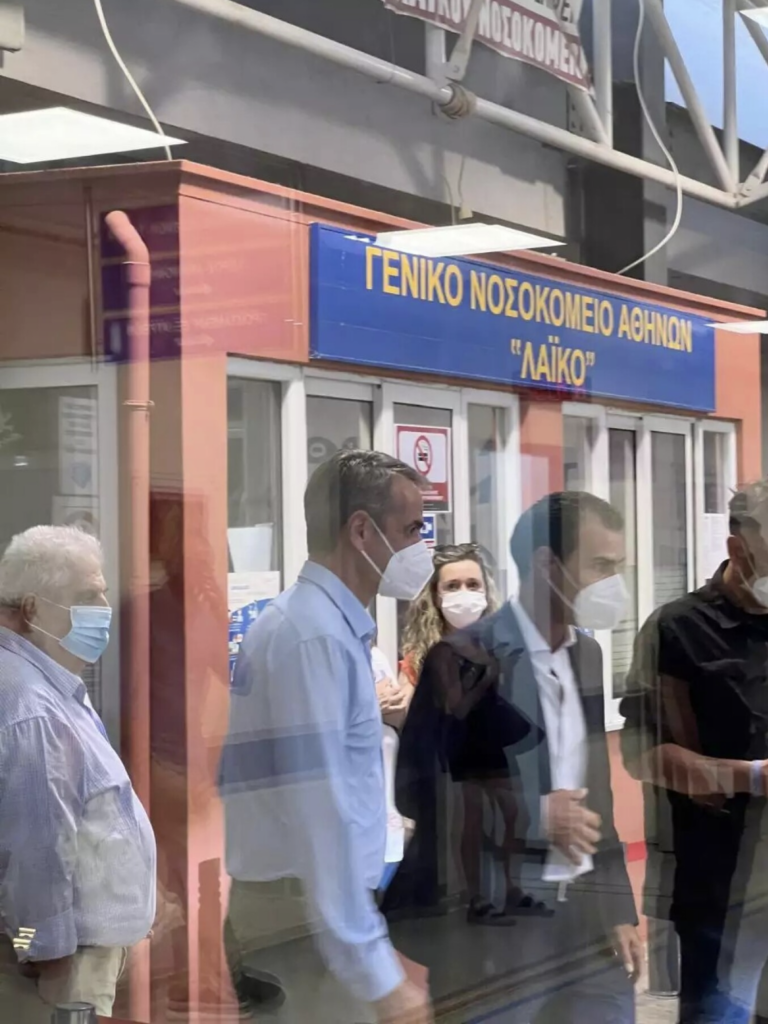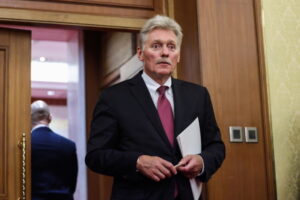At the Maximou , all composure reserves were called upon to handle the critiques delivered at the War Museum by former prime ministers Kostas Karamanlis and Antonis Samaras. They used an event for the presentation of a book about Karamanlis’ term to deliver a robust and nearly comprehensive critique of the current administration.
The traditional response—”we do not comment on statements or speeches by former prime ministers”—was chosen as the government’s unofficial reaction, but it barely concealed the evident irritation and embarrassment at the critiques, which targeted both legislative initiatives like the marriage equality law and broader government policies, particularly foreign policy.
Although Karamanlis and Samaras took different tones—Samaras being more caustic—both launched criticisms that seemed coordinated, questioning whether the government remained within New Democracy’s traditional ideological framework.
Both former prime ministers also criticized European developments, accusing European leaders, implicitly including the Greek Prime Minister, of ignoring citizens’ messages from the recent European elections. However, they did not propose any specific alternatives. Samaras, notably, called for a change in foreign policy, including a veto on Albania’s EU accession, a review of the Prespa Agreement, and a reassessment of relations with Turkey. A government official remarked, “If we listened to Antonis, we’d declare war on Albania, North Macedonia, and Turkey simultaneously.”
The prime minister’s team anticipated some criticism since both former prime ministers had previously distanced themselves from the government. However, the intensity of the critiques surpassed expectations, causing ministers and deputy ministers present at the event to avoid media comments as they left, given the difficulty of addressing the sharp remarks made minutes earlier.
Notably, contributors to the event, including the book’s author, Manolis Kottakis, confidently predicted that the interventions by Samaras and Karamanlis would dominate the next day’s headlines.
Earlier, Prime Minister Kyriakos Mitsotakis sought to send his own message by visiting the Laiko Hospital, emphasizing his focus on solving citizens’ daily problems. Accompanied by Deputy Minister of Health Marios Themistocleous, Mitsotakis spoke with citizens awaiting examinations or accompanying patients and met with hospital staff to hear firsthand about the challenges in the public health system.
Mitsotakis’ associates noted that he believes citizens are primarily concerned with resolving everyday issues and that this is the government’s fundamental duty, as reflected in the recent European election results.

Ask me anything
Explore related questions





